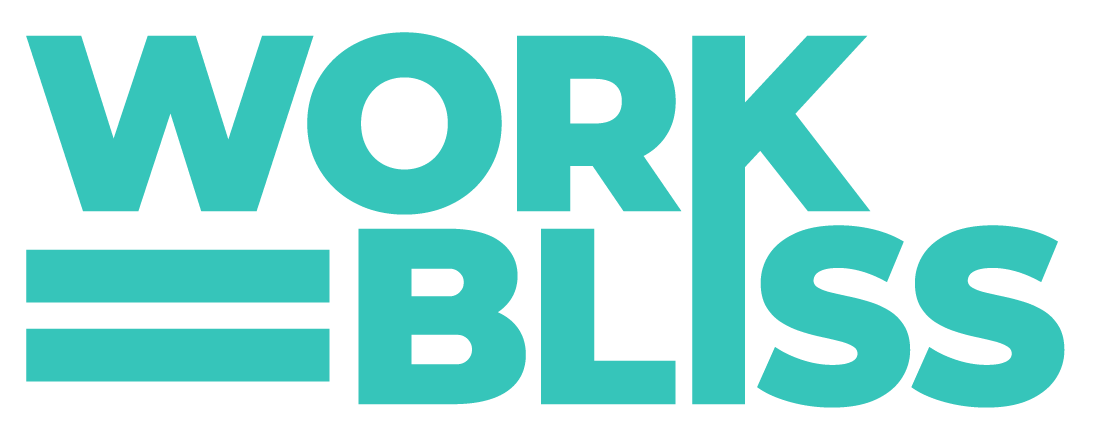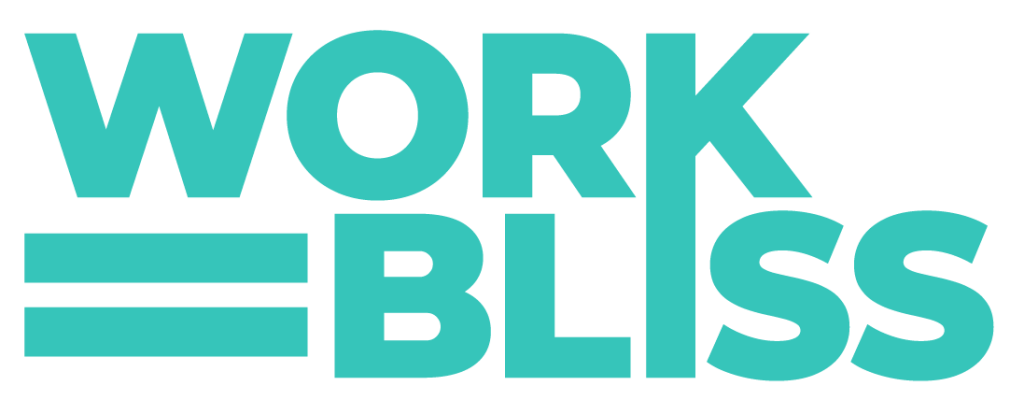Selecting an outside leadership coach or program can be a challenging but rewarding process for organizations, especially when it comes to balancing cost and quality in coaching. As leaders, we want to foster growth and success within our teams. However, finding the right fit requires careful evaluation across several factors. In this post, we’ll explore key considerations to help guide your decision-making while ensuring that you strike the right balance between cost and quality in your coaching efforts.
Availability and Engagement: Finding the Right Fit
When you’re considering hiring external coaches or contractors, one of the first things you need to think about is their availability and engagement in the context of balancing cost and quality in coaching. External coaches often have their own thriving coaching practices or collaborate with various vendors. This means you’ll need to make sure they have sufficient time and are genuinely invested in your organization’s development.
It can be challenging to keep external coaches consistently busy and engaged, especially if they have other commitments. This is where having a dedicated person or team to manage and coordinate their schedules becomes crucial. Without proper management, you might find yourself struggling to secure their availability when you need them the most.
On the other hand, if you’re considering hiring internally, you should ensure that you have a substantial amount of work to keep them fulfilled and motivated. Internal coaches are part of your organization, and if there isn’t enough demand for their services, they might become disengaged or underutilized. Maintaining a steady flow of coaching opportunities internally is vital to harnessing their potential effectively.
Measuring Coaching Effectiveness: A Tricky Task
Regardless of whether you choose internal or external coaches, measuring their effectiveness can be a tricky task, and it’s essential to consider this aspect when balancing cost and quality in coaching. Coaching is a skill that goes beyond certifications and qualifications; it involves building meaningful connections and driving positive change in individuals and teams.
When evaluating coaches, you’ll need to look beyond the superficial metrics and assess the impact they have on the development and performance of your leaders. Seek feedback from the individuals they coach, their peers, and superiors to gain a holistic understanding of their coaching prowess.
Furthermore, consider implementing a robust feedback system that encourages open communication and constructive criticism. Regular evaluations and discussions can help coaches improve their skills continually, benefiting both them and the individuals they coach.
Price: Balancing Cost and Quality
Let’s face it; cost matters, especially when balancing cost and quality in coaching! Budget constraints can significantly influence your decision-making process. Hiring internally is generally more cost-effective since you won’t have to deal with external contractor fees. However, keep in mind that internal coaches may require additional investments in training, tools, and platforms to be effective in their role.
On the other hand, hiring external coaches or using third-party coaching platforms can be more expensive. These external options may have specialized expertise or offer a diverse range of coaching resources, but you’ll need to weigh the benefits against the cost, always considering the importance of balancing cost and quality in coaching.
Ultimately, it’s about finding the right balance between cost and quality when it comes to coaching. The goal is to invest in coaching services that yield substantial returns in terms of leadership development and overall organizational growth.
Tools and Resources: Equipping Coaches for Success
If you choose to hire internal coaches, it’s essential to provide them with the necessary tools, measurement resources, and assessments needed to excel in their role, which is crucial for balancing cost and quality in coaching. Without access to appropriate platforms and resources, their effectiveness as coaches may be hindered.
Investing in robust coaching platforms, assessment tools, and training programs can enhance the capabilities of your internal coaches. These resources enable coaches to tailor their approaches, gain valuable insights, and track the progress of their coaching sessions effectively.
Remember, the success of your coaching program depends not just on the coach’s skills but also on the support and infrastructure they have to deliver outstanding results.
When deciding between hiring external coaches, internal coaches, or a mix of both, there are several factors to weigh carefully. Consider the availability and engagement of external coaches, the workload and fulfillment of internal coaches, the challenge of measuring coaching effectiveness, and, most importantly, the balance between cost and quality in coaching. By taking a thoughtful approach and aligning your coaching strategy with your organization’s needs and goals, you can build a powerful leadership development program that cultivates top-notch leaders and drives your business forward.



